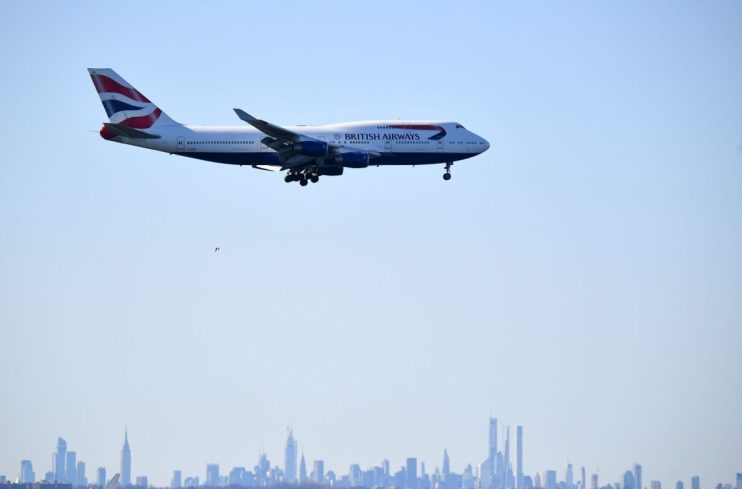Spring Budget 2024: Air passenger duty on business class flyers to rise

Business class and other premium air fares in the UK will rise through a one-off tax hike, the Chancellor confirmed today in the Spring Budget, breaking a pledge to the airline industry.
Jeremy Hunt said he would make a “one-off adjustment” to rates of Air Passenger Duty (APD) on “non-economy flights, only to account for high inflation in recent years.”
APD is levied by airlines on passengers who start their journeys at UK airports. The duty is unique to Britain and raises around £3.8bn per year.
The fee is split into three brackets, a reduced charge for economy and increasingly higher charges for business and private jets. The charge for business class is around £13 for domestic flights, £26 for up to 2,000 miles and can reach over £200 for flights longer than 5,500 miles.
The government has often relied on APD to boost government revenue and fund tax cuts, and it was bumped up in the last budget.
However, airlines have lobbied to keep the tax lower, arguing it makes the UK’s aviation sector uncompetitive and reduces passenger numbers.
Responding to the Chancellor’s announcement, Tim Alderslade, chief executive of the industry’s representative body Airlines UK, said “stealthy tax rises” would only make the UK “even less competitive on the global stage, with aviation taxes and airport charges already amongst the highest in the world.”
“The government should instead focus on supporting the industry’s transition to net zero which the US and EU has made billions of pounds of support available for, unlike here in Britain.”
A spokesperson for Virgin Atlantic said: “The UK government has failed to acknowledge that by increasing APD, the highest aviation tax in the world, they are penalising families travelling in Premium, as well as business travellers.
“An increase to the standard rate of APD undermines the competitiveness of UK economy, discouraging leisure travellers who have been crucial in aiding the industry’s recovery.”
Clive Wratten, chief executive of the Business Travel Association (BTA), described the tax hike as “disastrous for the economic welfare and wellbeing of British businesses and their employees.”
“Contrary to common misconceptions, business travel is not just for the wealthy. This tax will hinder growth for small and medium enterprises through limiting international collaboration opportunities,” he added.
The aviation sector previously warned in 2019 that the tax had hurt the UK’s international connectivity and contributed to “a cost base that hampers the ability of UK airlines to open new viable routes.”